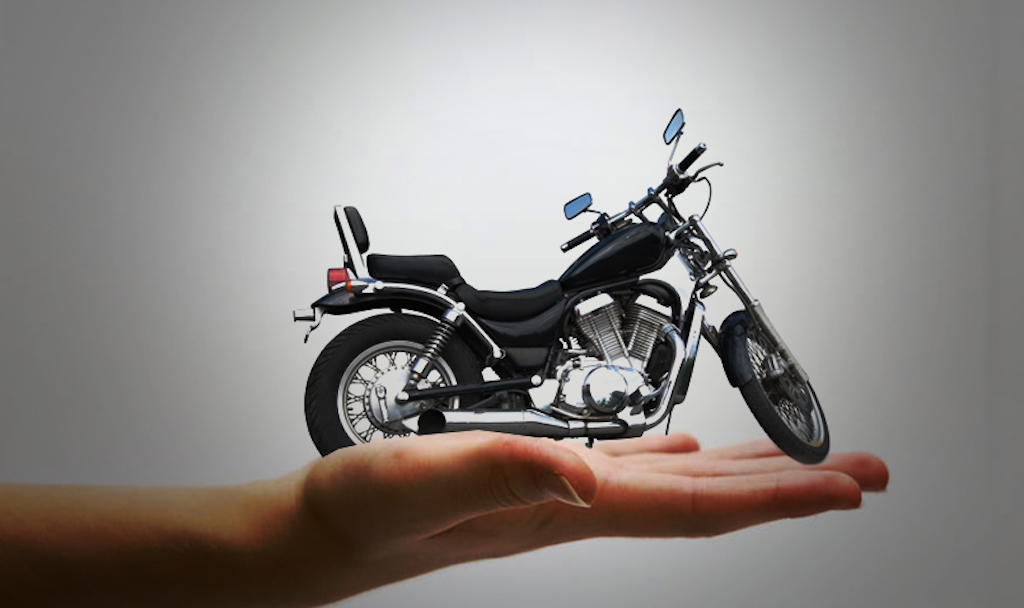
There is a large number of bikes and scooters to be seen on the Indian roads. No person can go too far without having a bike whizz past them. When we think of bikes, we think of speed and saving time in travelling. However, if you look deeper, bikes also have a track record of accidents. Considering this, the Government of India has made two-wheeler insurance compulsory for every bike owner. Any person who will be seen driving their bike while not having valid bike insurance will have to face severe consequences like large fines, loss of licence and even imprisonment.
So if you are thinking about getting insurance, there are two options that you have. The first is third party bike insurance, which is the mandatory type of bike insurance policy. Every bike owner must have at least a 3rd party bike insurance, the type of insurance we will focus on today. The other type of insurance offered by 2-wheeler insurance companies is comprehensive insurance.
What is a 3rd Party Insurance Policy For Bikes?
The insurance company is regarded as the first party if you have bike insurance. The second party is the policyholder, which is you. According to the Motor Vehicle Act, the third party may be anybody or anything. The person could be a pedestrian crossing the street, a driver, a motorist, a rider in a car, or even the owner of any property that might be harmed in an accident.
Third-party insurance coverage will cover any harm or loss suffered by the third party. The conditions of the policy, which might slightly change across policies and 2- wheeler insurance companies, govern the coverage. A third-party bike insurance policy will not cover any harm or destruction suffered by you or the bike. Buying third-party two-wheeler insurance is affordable, given the coverage you receive is the least compared to other bike insurance policies.
Benefits of a Third-Party Bike Insurance Policy
Some definite benefits of having third-party insurance, barring the obvious legal implications. For example, if you have third-party insurance, you can use your bike freely without fear of being on the wrong side of the law. However, barring this, there are several other benefits of buying third-party insurance from a 2-wheeler insurance company. Some of these benefits have been given below for you.
- It pays for any losses or damages a third-party person or vehicle sustained.
- In a third-party dispute, the policy also entitles the policyholder to legal representation.
- If an accident occurs, the company assumes liability for all harm done and covers the third party’s medical costs.
- In the case of a third party’s demise, permanent, partial, or total impairment, the insurance company will offer recompense to the person or their next of kin.
- You are free of the legal implications of not being able to compensate the third party if you do not have the funds for the same.
- Third-party insurance costs little and its price depends on the bike’s engine displacement, make and model, age, etc., and it is capped by the IRDAI
Disadvantages of a Third-Party Two-Wheeler Insurance
There are some obvious disadvantages to having third-party insurance as well. The most obvious is the limited scope of the policy. When you have third-party insurance, the policyholder gets no protection. In addition, there are a few other points to consider when considering limitations.
- Third-party Two-Wheeler insurance only covers a specific geographic area. Therefore, the insurance company is no longer liable for third-party claims if an accident occurs outside the designated geographic area. In that case, the third party’s damage and injuries must be covered by the two-wheeler owner alone.
- Moreover, the 2-wheeler insurance company would not be responsible for covering the third-party obligation following an accident if the insured operates their vehicle without a valid driver’s licence. In that situation, the two-driver wheeler is completely liable for all costs related to third-party repairs, loss reimbursement, medical aid and hospitalisation bills, etc.
- The policy has a set upper limit that the IRDAI sets, and you cannot opt for any add-ons. If the damages exceed the set limit, the insured will need to pay for them themselves.
- You need to renew the policy every year. A person may forget to renew their policy and, thus, end up on the wrong side of the law.
Summing Up
By now, you may have understood that there are both benefits and limits to buying a third-party bike insurance policy. Thus, it is always recommended that one compare two-wheeler insurance plans and buy one that can give them the best coverage at the best rates.










